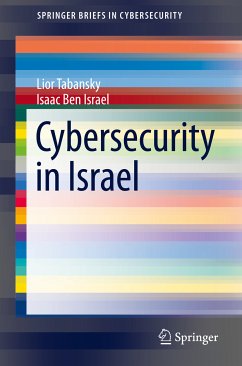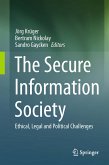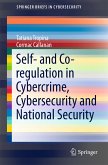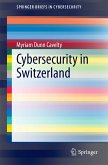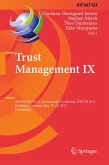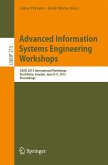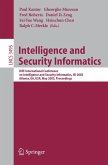The authors examine cybersecurity from an integrative national perspective and see it as a set of policies and actions with two interconnected goals: to mitigate security risks and increase resilience and leverage opportunities enabled by cyber-space.
Chapters include an insight into the planning and implementation of the National Security Concept strategy which facilitated the Critical Infrastructure Protection (CIP) agreement in 2002, (one of the first of its kind), the foundation of the Israeli Cyber-strategy in 2011, and details of the current steps being taken to establish a National Cyber Security Authority (NCSA).
Cybersecurity in Israel will be essential reading for anybody interested in cyber-security policy, including students, researchers, analysts and policy makers alike.
Dieser Download kann aus rechtlichen Gründen nur mit Rechnungsadresse in A, B, BG, CY, CZ, D, DK, EW, E, FIN, F, GR, HR, H, IRL, I, LT, L, LR, M, NL, PL, P, R, S, SLO, SK ausgeliefert werden.
"The book is of great interest because Israel, in spite of its small size and limited resources, is widely considered one of the 'cyber super powers' alongside major countries such as the United States, Russia and China. ... book is a valuable piece, written in a concise yet exhaustive way. ... a must read for experts and analysts who want to expand their views on the cyber policy of one of the major cyber actors in the years to come." (Tommaso De Zan, The International Spectator, Vol. 51 (3), 2016)

